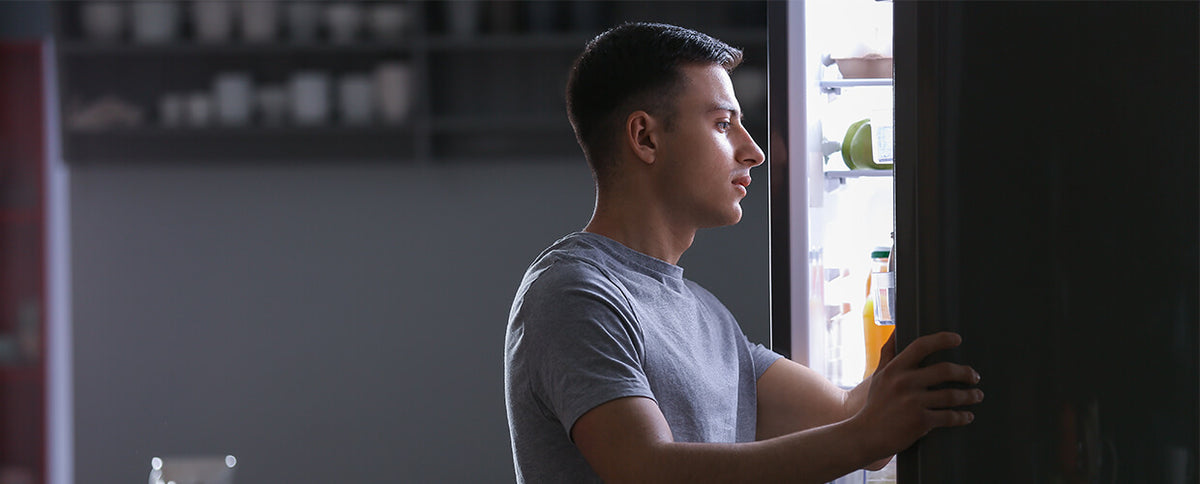Eat This When You’re Stressed and Can’t Sleep

During times of high stress, one of the first casualties is deep, restorative sleep. You toss and turn. Even if you do get some shut-eye, it’s usually poor quality, leaving you run-down the following day. But what if we told you that there are foods for insomnia that can help you get better rest?
Research Points to Prebiotics
According to researchers at the University of Colorado, foods rich in prebiotics may help you manage stress and get better sleep.
You’ve heard of probiotics, the live bacteria that improves digestion and boosts the immune system. But less is known about its cousin, prebiotics. These are non-digestible fibers found primarily in plant sources like legumes, garlic, onions, asparagus, and oatmeal that, when consumed, feed the probiotics.
Think of them as fertilizer for the friendly probiotic bacteria that flourish in your digestive system.
Related: 4 Strategies to Help You Fall Asleep Faster
What do they have to do with sleep? The stomach is often referred to as a second brain. If the mind is whirling after a stressful event, the gut is likely in turmoil, too. Hence, you feel butterflies when you’re nervous or you’re sick to your stomach when dealing with something dreadful.
The Colorado researchers wondered if the inverse was true: Could keeping your stomach relaxed alleviate tension in your mind and ease symptoms of stress, such as poor sleep? The answer: Yes.
By feeding the good bacteria, the researchers say, prebiotics fast-track the absorption of essential nutrients and enhance your immune function.
Foods for Insomnia
Here's a list of the best prebiotics to feed your good gut bacteria:
- Garlic
- Onions
- Asparagus
- Bananas
- Barley
- Oats
- Legumes
- Apples
- Cocoa
- Flax Seeds
- Jicama Root
- Seaweed
- Leeks
- Dandelion Greens
- Jerusalem Artichoke
- Chicory




